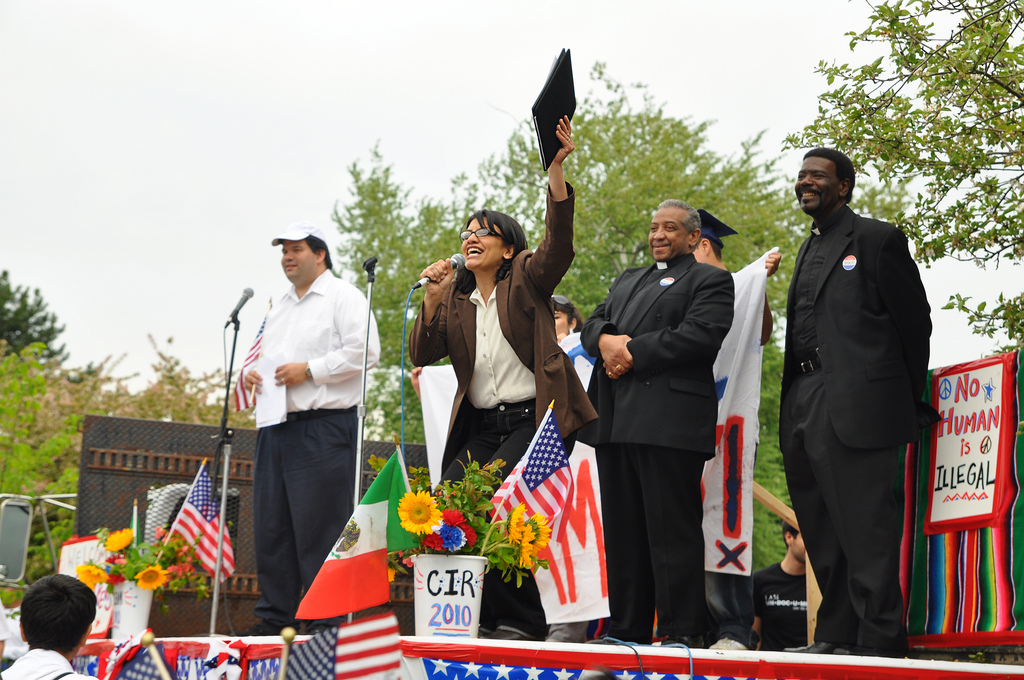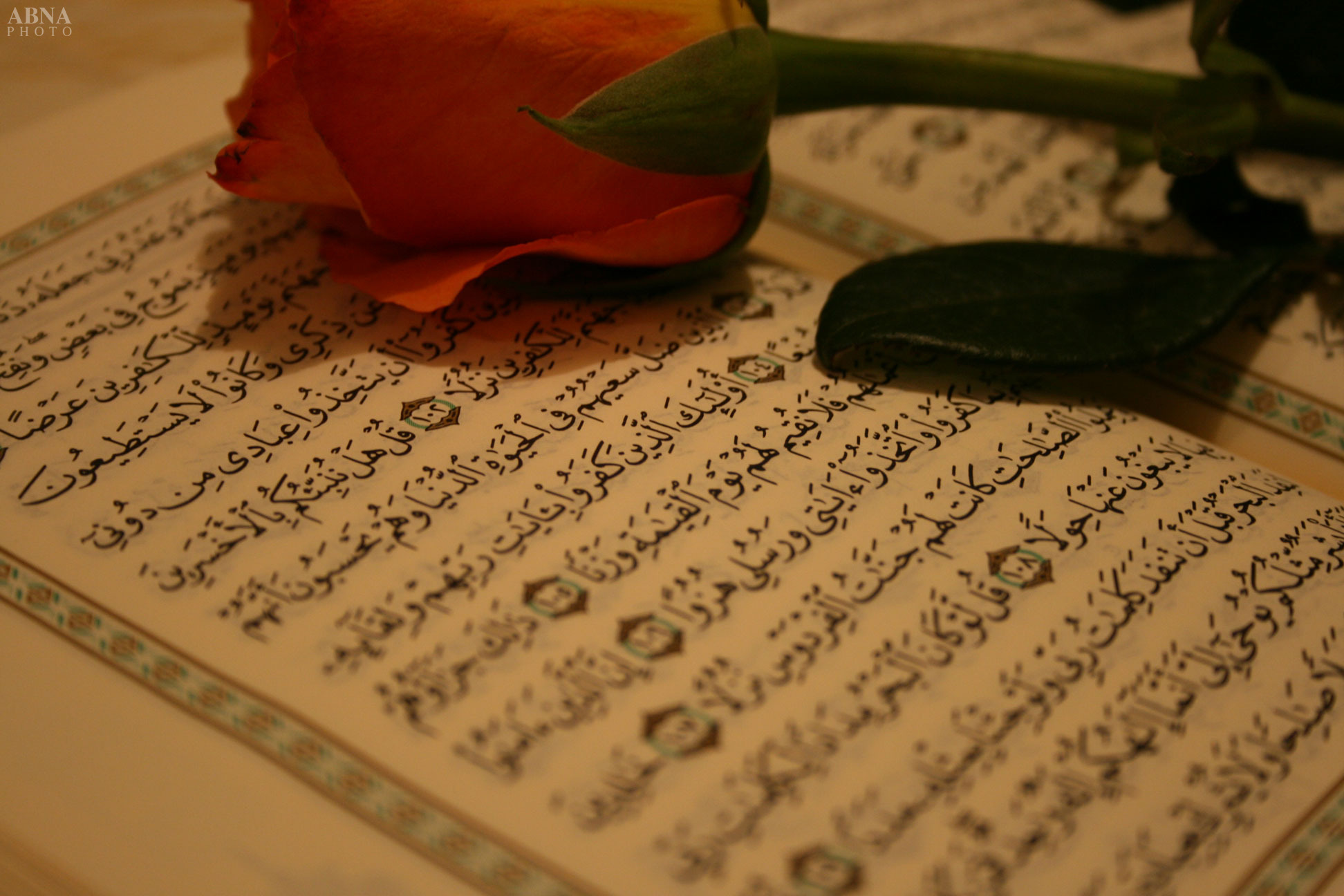We are citizens of this land and as a religious minority we need to figure out how the secular law accommodates our needs. If secular law fails to our religious requirements, then the effort should be focused towards modifying secular law to accommodate our needs and the needs of other religious minorities we are ethically, morally and socially aligned with.
As a married man and a father of three boys, one of which will soon surpass my height, I take discussions related to marriage and divorce seriously. So when I visited the Fiqh Council of North America’s website and saw the call for papers for its “Shari’ah and Family Law Conference“, I was curious and clicked on the link to see what it was all about.
First of all, one needs to be a “scholar” to submit papers and presentations in the conference. How about a woman, man, or a teenager who was wronged by their immediate family by exploiting some aspects of Shari’ah or secular law? How about an unmarried person looking at the issues from outside? How about a student or an activist who can articulate the issues and the solutions better than a scholar?
Even the suggested format for the papers starts with the dichotomy between “Shari’ah” and “Secular Law” as if Muslims need to make a choice between the two. In reality, even if Muslims could live under Shari’ah, all Muslims of America don’t subscribe to a single version of “Shari’ah.” The proper term to use is “Shari’ahs.” Unless we want our children to believe that Muslims are just waiting for some fine day to live under Shari’ah Laws in the United States and until then we merely need to co-exist, we must once for all be very clear that the Law of the Land is the law of the land for all citizens to operate under.
The challenge for secular law is to accommodate all of its religious, a-religious or non-religious residents. We are citizens of this land and as a religious minority we need to figure out how secular law accommodates our needs. If secular law fails to accommodate Muslims’ religious requirements, then the effort should be focused towards modifying secular law to accommodate not only our needs but also the needs of other religious minorities we are ethically, morally and socially aligned with.
I am not an attorney, but my understanding of the secular law of the United States leads me to believe that the issues outlined for the “Shari’ah and Family Law Conference”, are well within the limits of what civil courts are able to handle today. Creating “Shari’ah Courts” is not the solution. Creating such courts will ghettoize Muslims and will create an unnecessary layer of arbitration where informal discrimination against women and children will take a pseudo-legal cover.
The solution is to learn to work with the justice system to accommodate religious understandings of various schools of thought. Collaborating with secular law will be much more cost-effective and time-efficient.
It is not secular law’s fault if Muslims are not proactively creating marriage contracts that bride, groom and witnesses sign when everyone is smiling and giving each other the benefit of the doubt. These contracts could be as long or as short as they need to be to accommodate each and every aspect of life, during the marriage as well as at the time of divorce and death. Existence of such contracts will ensure that the rights of the family members were honored based on their respective schools of thought, and were based on the parameters which were agreed upon when everyone was on talking terms.
I saw books at a recent ICNA conference talking about the virtues of polygyny. Wife beating is pretty common understanding of verse 4:34. Will the Secular Law allow things unacceptable to the law of the land, such as, polygyny or wife-beating? Creation of Shari’ah courts is not going to solve that dilemma, either. The law enforcement and the secular legal system will intervene if it finds of such occurrences.
Issues such as who gets what at divorce and death can very easily be incorporated in detailed marriage contracts according to various schools of thought. Inheritance charts, based on those schools of thought, can be developed as legal aid so that secular attorneys can refer to them with confidence as needed. Simplified books could be produced for the legal community outlining what these
Shari’ah courts’ judges would have been responsible for.
How “Islamic” would Shari’ah courts be when they will have to depend on non-Muslim police and marshals to enforce their rulings? Are we going to require Muslim police and marshals too? On the other hand, if the rulings of these Shariah courts will not be binding, then why even bother with them?
Liaquat Ali is the founder of http://www.TrulyInterestFree.com He ca.n be reached at lee[at]TrulyInterestFree[dot]com.




http://www.altmuslimah.com/a/b/a/3201/ is a must-read in relation to verse 4:34 of the Qur’an.